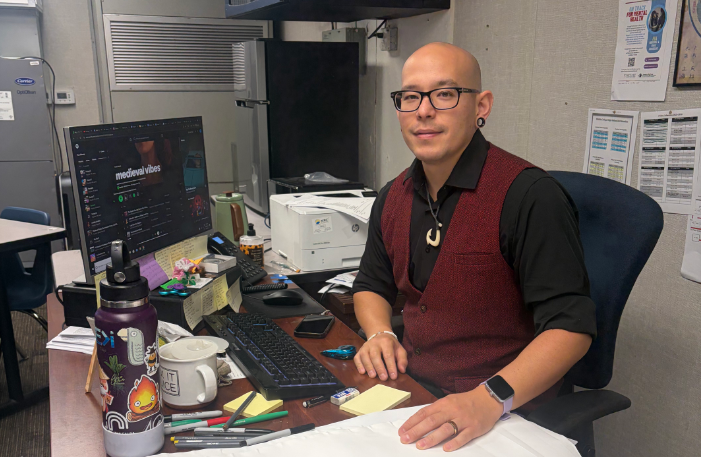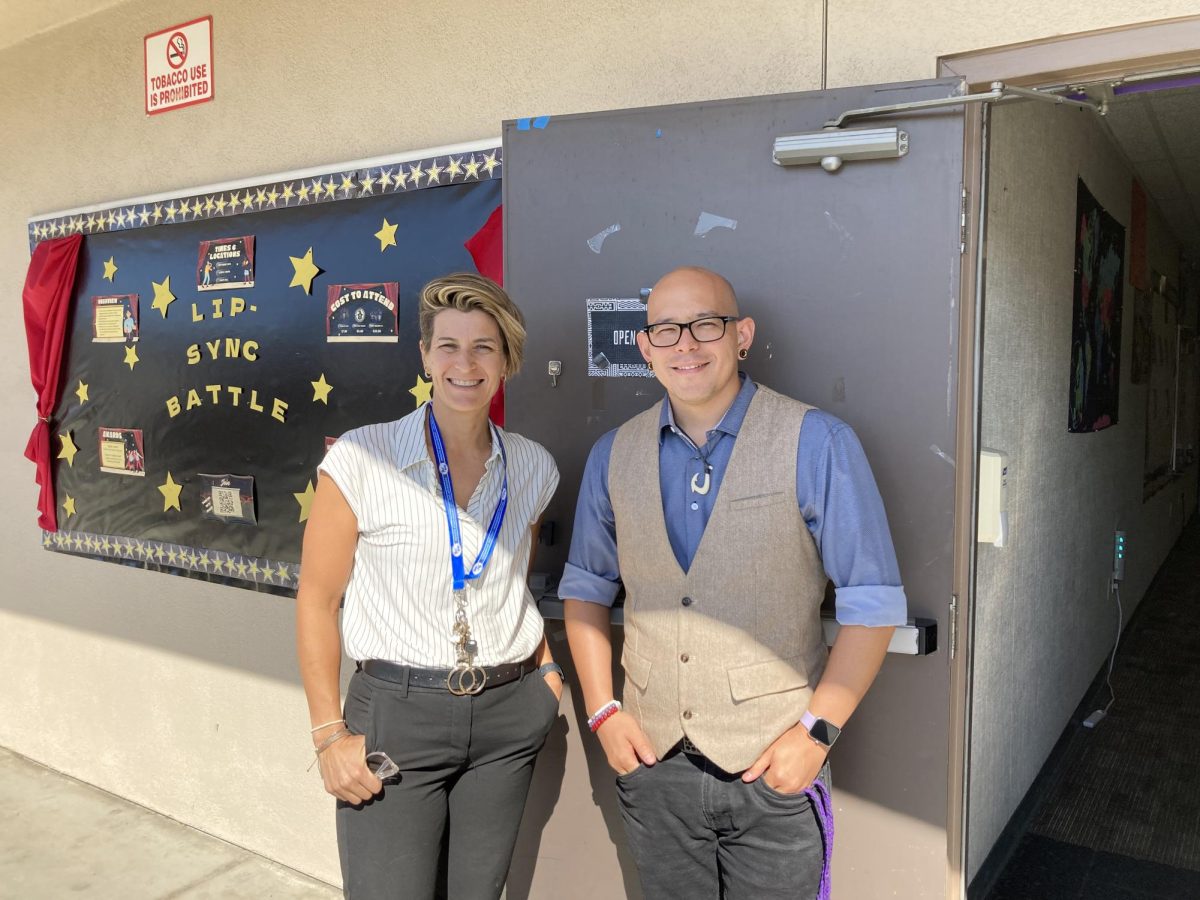Although there are many well-known poems like “The Raven” by Edgar Allan Poe, “Still I Rise” by Maya Angelou and “We Wear the Mask” by Paul Laurence Dunbar, there is a hidden gem that you may not have discovered yet: “Desiderata.”
“Desiderata,” a poem by Max Ehrmann from 1927, remained unknown until the cultural shifts of the 1960s and 1970s drove it into the spotlight. The overall message of the poem delivers wisdom and guidance, offering directions on how to navigate life with grace, integrity and inner peace.
The advice the poem presents is why Ms. Nguyen, an AVID and English teacher, decided to introduce it to her senior students for AVID.
“I taught it to my senior class probably roughly seven or eight years ago. I wanted them to have something meaningful to read and something that they could relate to. The students were ready to graduate, and I needed them to leave with a true sense of their inner compass, so they enjoyed it, and I’ve used it ever since,” Nguyen said.
“Desiderata” encourages readers to embrace their path, strive for inner tranquility during life’s challenges and treat others with kindness and understanding which is why Ms. Nguyen believed this was a great piece of literature for her graduating students every year.
Senior Karla Godinez shares the impact of this poem on her life.
“I enjoyed this poem because it was significant. I was feeling overwhelmed during this lesson, and this poem made me feel better about my future. It changed my perspective since it made me look forward to life. I am a very negative person, to be honest. But this poem made me think of myself as a person, humanity, and life as a whole,” Godinez said.
Godinez found the poem deeply meaningful, especially during an overwhelming moment. It gave her a hand of hope to see a brighter future and changed her negative outlook. Her experience shows how powerful the poem’s message can bring hope and a fresh perspective.
Ms. Nguyen’s approach to teaching “Desiderata” went beyond just a simple analysis. She aimed to make the poem deeply personal for her students hence why she made them create their own poems.
“In addition to reading the poem and doing the critical analysis and the appreciation for the literary devices and metaphors and the typical reading encounters, I really want them to personalize and internalize the poem. So we do our own version of the Desiderata so they can understand the things we desire, which is what Desiderata means, are the things we give to ourselves and are also born with already,” Nguyen said.
An anonymous senior shared his thoughts on making his own “Desiderata” poem.
“Along with just reading the poem, Ms. Nguyen made us do our own version, which I greatly enjoyed. I’ve written stuff like poems before, but this one was different because of how meaningful Desiderata was to me. I don’t think I’ll ever forget the poem and my version of it. I will keep it in mind when I’m going through hardships. I thank Ms. Nguyen for that,” he said.
Through “Desiderata,” Ms. Nguyen taught more than just English; she shared a powerful lesson about resilience and hope.
“I think everyone should read this poem. It doesn’t matter if you’re a preteen, a teen, or someone like me, who’s read it a million times, each season of our lives we always need affirmation. If you read a line and say ‘Wow, I need to be reminded of this,’ then it did its purpose which is to keep us seated in our philosophy and to keep us in our compass,” Nguyen said.

































